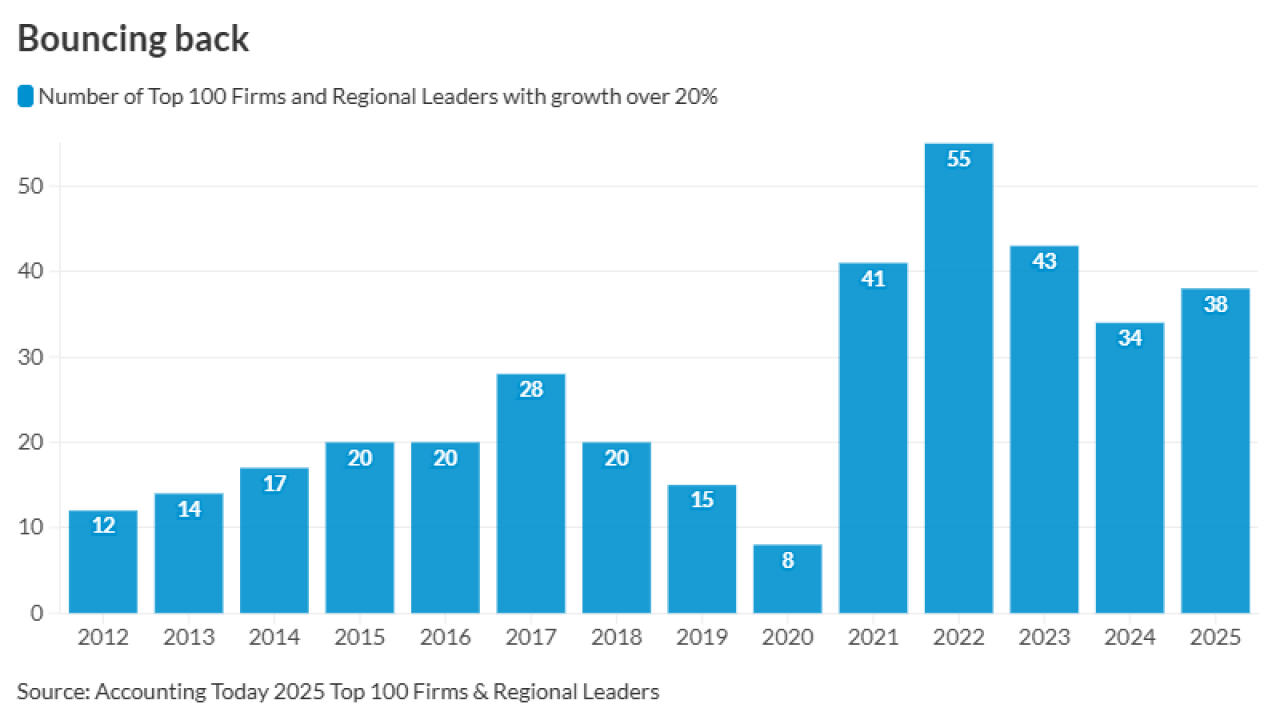Enron Corp. founder Ken Lay and former chief executive Jeffrey Skilling were found guilty on fraud, conspiracy and other charges, after just six days of deliberation by a Houston jury.
Lay, 64, was found guilty on all six of the counts he faced, while Skilling, 52, was convicted on 19 of the 28 charges brought against him. Both face at least 25 years in prison.
Lay also faces jail time from his conviction on charges of bank fraud and making false statements in a separate case overseen by U.S. District Judge Sim Lake without a jury.
"This is a watershed. The jury has sent a shot across the bow of corporate America," Michael Young, a partner in the New York law firm of Willkie Farr & Gallagher and a specialist in accounting and securities fraud, told WebCPA. "The verdict says that deliberate failures of disclosure in describing financial performance will be viewed as fraud. The fact patterns [of each case] are always different, but this tells us how a jury of citizens reacts to executives who have committed fraud."
The eight-woman, four-man jury had heard from more than 50 witnesses over the course of the nearly four-month-old trial, including a parade of former Enron executives, and both Lay and Skilling, who testified to their innocence.
Lynn Turner, former chief accountant at the Securities and Exchange Commission and now managing director of research at independent research firm Glass Lewis & Co., said that while it's a good verdict for the Justice Department and the SEC, it's also a victory for American investors who lost tens of billions of dollars, as well as the thousands of workers who seemingly lost their jobs overnight.
Once the country's seventh-largest company with a market value of $68 billion, Enron's December 2001 bankruptcy filing wiped out more than $1 billion in retirement funds. Investors suing over the company's collapse have claimed that the energy giant's accounting fraud and earnings manipulations cost them upwards of $25 billion.
"It really does confirm that there was a need for strong prosecution," Turner said. "This effort that's been led by the Chamber of Commerce to stop law enforcement agencies, this [verdict] confirms without a doubt that the chamber is absolutely wrong. ... It's strong enforcement that is probably the best deterrent to these types of crimes, not more rule-making."
Noting that the SEC dealt with a number of funding cuts in the 1990s, Turner said that Congress is again contemplating cuts to the SEC's budget for the next fiscal year, and pointed specifically to less spending in the agency's enforcement line item. "In good times, people tend to forget the bad times," he said. "The magnitude of this case should remind them of the need for adequate funding."
Skilling had pointed the finger at scheming subordinates as being responsible for Enron's downfall, while Lay suggested that it was a combination of the crimes of others, alongside a slowing economy, the Sept. 11 terrorist attacks, short-sellers targeting the company and negative articles in the media, that put the wheels in motion for the company's public demise.
Lake set sentencing for Sept. 11 and ordered Lay to put down an additional $5 million bond, in addition to surrendering his passport to the court. The judge said that the bond already in place for Skilling was sufficient.
Skilling's lawyers have already said that he will appeal. Defense lawyers had complained about a lack of access to witnesses who they said could have corroborated their clients' versions of events. Several high-ranking Enron managers declined to testify without being granted immunity.





